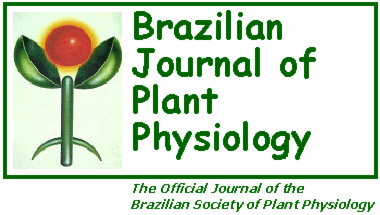In coffee, bioreactors are the most promising way for scaling-up micropropagation processes, particularly somatic embryogenesis. The availability of an efficient somatic embryogenesis process would allow the rapid mass production of heterozygous materials such as selected Coffea canephora clones and F1 Arabica hybrid varieties. For the last fifteen years, bioreactors (mechanically or pneumatically agitated bioreactors, temporary immersion bioreactors) have mostly been used on coffee to optimize the mass regeneration of somatic embryos from embryogenic tissues. This review presents the main results, obtained with several bioreactor models, concerning the different steps of the micropropagation process : i) the multiplication of embryogenic tissues, ii) the somatic embryo mass regeneration and iii) the production of pre-germinated embryos and plantlets in bioreactors. The literature shows that scaling-up can be successful, since very efficient embryo production has been achieved for both C. arabica and C. canephora. Moreover, it was proven that the pre-germinated coffee embryos - i.e. embryonic axis elongation (10-12 mm), root tip formation, cotyledon expansion and greening - obtained in temporary immersion bioreactors were photoautotrophic and able to regenerate vigorous plantlets after sowing under nursery conditions. The feasibility to apply the bioreactor technology in an industrial micropropagation procedure is also discussed in the particular socio-economic context of coffee growing.
Coffea; breeding; liquid medium; mass propagation; somatic embryogenesis; temporary immersion
